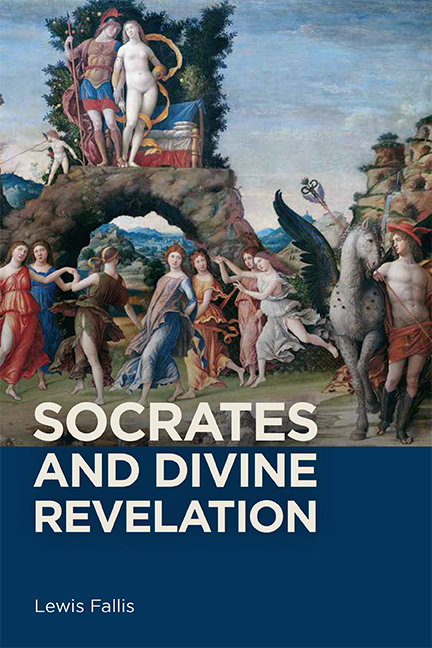Summary
Artfulness: The Question of Ion's Knowledge (536d8–541e1)
Ion has rejected the suggestion that he praises Homer simply on the basis of a mindless state without art or knowledge. Therefore, Socrates turns back to the investigation of Ion's artfulness. In the second section of the dialogue, Socrates had focused on the question of the generalizability of Ion's ability to speak well about poetry. Ion's specialization—his inability to speak well about the poets other than Homer—was there taken as evidence that he did not speak well about Homer by art. Yet Socrates never directly investigated Ion's knowledge or artfulness. Here, in the fourth section of the dialogue, Socrates turns to a more direct investigation of what (or whether) Ion knows about the substance of Homer's poetry.
Why is it important to investigate Ion's knowledge? Ion's rejection of the second speech on mindlessness implied that, in his view, his praise of the Homeric poems (as divine) was dependent on some mindful judgment or knowledge of their content. Therefore, we cannot evaluate the solidity of his praise until we determine, in the first place, what it is he claims to judge or know. We encountered the suggestion, in the previous section, that certain poems were recognized to be divine on the basis of a judgment of their nobility or their beauty. But that suggestion is ambiguous: is it a judgment of nobility, or a judgment of beauty, that enables the recognition of divinity? Moreover, despite being endorsed by Ion, the suggestion itself was made by Socrates. Does Ion himself claim to know what is noble?
This section, I will argue, is best understood as a renewed and more direct effort by Socrates to test the hypothesis that a claim to divine wisdom will be dependent on a claim to moral knowledge. Ion has rejected the possibility that he praises Homer simply on the basis of a mindless state. If he can be led to agree that some kind of amoral knowledge is the basis for his praise of Homer's poems as divine, the Socratic hypothesis will presumably be refuted.
- Type
- Chapter
- Information
- Socrates and Divine Revelation , pp. 106 - 136Publisher: Boydell & BrewerPrint publication year: 2018



